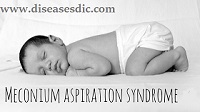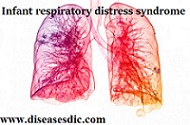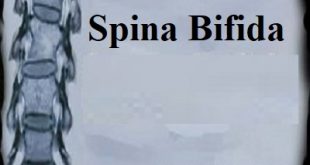Description Esophageal atresia (EA) is a rare birth defect in which a baby is born without part of the esophagus (the tube that connects the mouth to the stomach). Instead of forming a tube between the mouth and the stomach, the esophagus grows in two separate segments that do not …
Read More »Birth Defects – Definition, Causes, and Treatment.
Introduction A birth defects are problems that occurs when a baby is developing in utero (in the womb). Birth defects are structural changes present at birth that can affect almost any part or parts of the body (e.g., heart, brain, foot). They may affect how the body looks, works, or …
Read More »Meconium Aspiration Syndrome (MAS) – Symptoms, and Treatment.
Definition The Meconium aspiration syndrome is a respiratory disorder occurring in the newborn babies. MAS develops when the meconium is inhaled by the babies when they are in the womb or during the labor. Due to which meconium is trapped in the airways and lungs that causes suffocation during respiration. …
Read More »Infant Respiratory Distress Syndrome – Definition, and Complications.
Definition Infant respiratory distress syndrome (IRDS) is a lung disorder that complicates the breathing process of newborns. This disorder is more common in premature infants. It occurs due to insufficient surfactant in the lungs. A surfactant is composed of proteins and fats, which helps the lungs to be inflated and …
Read More »Spina Bifida – Description, Risk Factors, and Symptoms.
Description Spina bifida is a term which comes from Latin and literally means ‘open’ or ‘split’. It is a birth defect occurs when there is a malformation of bones of the spinal cord during the 1st month of pregnancy. This defect might cause an opening at the back, which is …
Read More » Diseases Treatments Dictionary This is complete solution to read all diseases treatments Which covers Prevention, Causes, Symptoms, Medical Terms, Drugs, Prescription, Natural Remedies with cures and Treatments. Most of the common diseases were listed in names, split with categories.
Diseases Treatments Dictionary This is complete solution to read all diseases treatments Which covers Prevention, Causes, Symptoms, Medical Terms, Drugs, Prescription, Natural Remedies with cures and Treatments. Most of the common diseases were listed in names, split with categories.





